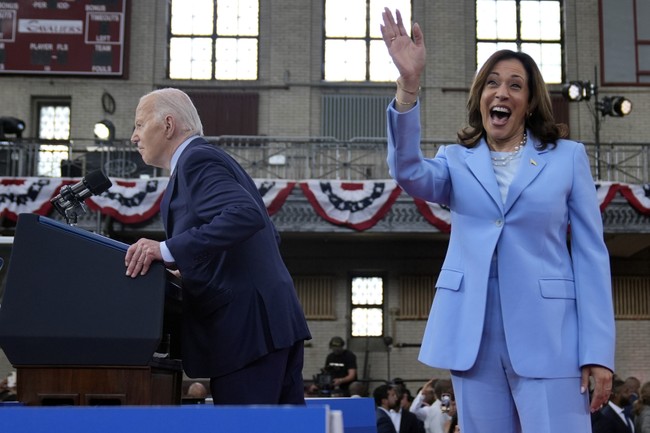G20 Negotiates Digital Tax as US Tariff Threat Looms
As G20 finance ministers gather in Rio de Janeiro, global discussions heated up around the introduction of digital service taxes primarily targeting US tech giants.
Published July 24, 2024 - 00:07am

Image recovered from computerworld.com
Finance ministers from the Group of 20 (G20) countries are convening this week in Rio de Janeiro, Brazil, to deliberate on the implementation of a global tax on digital services. This meeting has garnered significant attention as it aims to reshape the taxation landscape for large multinational companies, specifically targeting American technology behemoths such as Amazon, Apple, and Google.
The issue at hand, known as the Pillar 1 arrangement, is part of a broader two-part tax deal initiated in 2021. The goal is to replace unilateral digital services taxes (DSTs) that several countries, including France, India, Italy, and Canada, have already imposed on US tech firms. These DSTs are perceived as discriminatory by the United States, igniting threats of retaliatory tariffs on various goods from these countries.
The stakes in these negotiations are undeniably high. Failure to secure a global consensus on the terms of the tax deal could lead to several countries reinstating their own DSTs, alongside tariffs on billions of dollars worth of US exports. Standstill agreements that have prevented immediate trade retaliations expired on June 30, but the US has yet to take concrete steps towards imposing tariffs.
European countries are particularly concerned about maintaining a freeze on US tariffs on up to $2 billion worth of annual imports, including commodities like French champagne and Italian handbags, while talks continue. According to an Italian government source, there are active discussions seeking assurances that these stay in place during the G20 meeting.
The United States firmly opposes the DSTs, considering them to be prejudicial measures targeting the local earnings of American tech firms that dominate the global digital services sector. A representative from the US Treasury emphasized, The Treasury continues to oppose all tax measures that discriminate against US businesses. The spokesperson further noted that the US remains deeply engaged in talks surrounding the Pillar 1 agreement.
Meanwhile, Canada's recent unilateral implementation of a DST has sparked criticism from the United States. Canadian Finance Minister Chrystia Freeland defended the move, stating that it was simply not reasonable, nor fair for Canada to indefinitely put our own measures on hold, given the delays in reaching a global agreement.
The urgency of finalizing the international tax deal is underscored by a European Union document prepared for the G20 meeting, which identifies this as a top priority. The EU document urges all participating countries and jurisdictions to expedite discussions and aim to sign the Multilateral Convention (MLC) before the end of summer, subsequently ratifying it as soon as possible.
Another layer of complexity in the negotiations arises from China's and India's reluctance to agree on a proposed alternative transfer-pricing mechanism known as Amount B. This mechanism seeks to provide tax certainty to thousands of companies below the $20 billion annual revenue threshold set for Amount A, through an objective calculation of tax liabilities. Danielle Rolfes, head of KPMG's Washington National Tax Practice, highlighted, It's in the interest of all the countries around the table to try to keep it alive.
As the discussions continue in Rio de Janeiro, US Treasury Secretary Janet Yellen is expected to face questions regarding the consistency of US policy commitments, especially in light of President Joe Biden's decision to potentially forego a re-election bid and mounting global concerns about a possible return of former President Donald Trump to the White House.
The ongoing deliberations at the G20 meeting reflect the intricate interplay between national interests and the global need for coherent tax regulations. The effective resolution of this issue holds significant implications not just for multinational corporations, but also for sustaining international trade relations and economic stability.







